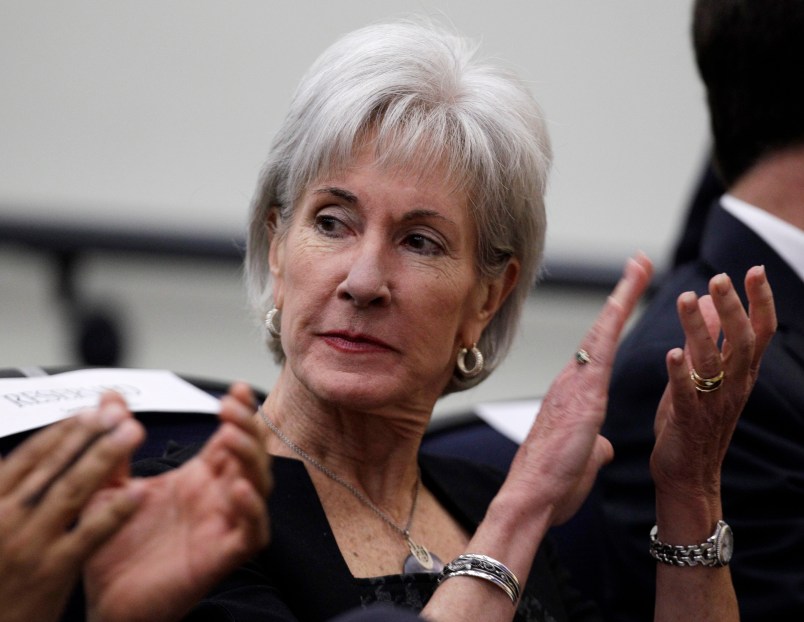HealthCare.gov, the federal website that serves 36 states, is basically fixed, according to the Obama administration. Some might quibble — what about the back end, for instance — but it is undoubtedly performing much better than it was in October.
As for the 15 Obamacare websites being operated by states (including Washington, D.C.), their performances are currently all over the proverbial map. Kentucky is almost universally regarded as the best, as TPM has reported, but what about the rest?
It’s an inexact science, but a look at the enrollment data they’ve released as well as the headlines that they’ve attracted is a useful starting point. Here are three of the best and three of the worst performing state-run marketplaces.
THE BEST
California
If nothing else, California is buoying the nation’s Obamacare enrollment numbers. It outpaced the 36 states using HealthCare.gov all on its own in October and has picked up the pace with nearly 80,000 enrollees as of Nov. 19. One navigator told the Fresno Bee two weeks ago that he’d give the site a “B-“, but that’s a ringing endorsement in the context of HealthCare.gov’s struggles and some of its state counterparts.
Connecticut
Connecticut was singled out alongside New York by Families USA, a national pro-Obamacare group, as one of the best state marketplaces in the country. Its enrollment numbers seem respectable (11,000 as of mid-November) and, maybe more importantly, state officials say it is the only marketplace that has enrolled more people in private insurance than Medicaid. State officials are so confident in their abilities that they’re reportedly considering building the capability to verify data on their own so they don’t have to rely on the federal data hub.
Kentucky
Its enrollment continues to rank among the highest in the country, and the president himself called Gov. Steve Beshear (D) to congratulate him on such a successful rollout. Read the whole story here.
THE WORST
Hawaii
The president’s home state is notable for being the first marketplace to have its director leave after poor performance. Consumers were not able to access the site until the middle of October, and problems have persisted since. Its enrollment number for the month of October? From last month’s HHS report: “N/A.” It had a contract with the same software contractor that has weathered much of the blame for HealthCare.gov’s problems.
Oregon
The site’s performance has been so bad that the state is still relying on paper applications to get people enrolled, and as a result, nobody had been confirmed as enrolled until Monday. That was the same day that its executive director requested a leave of absence while the board considered his job performance.
Washington
Washington’s enrollment figures appear respectable (third-most in October and officials said it would exceed that figure in November), but it’s committed one of the most egregious errors. State officials discovered at the end of October that 8,000 people had received the wrong information about the size of the tax credits that they would receive under the law.






